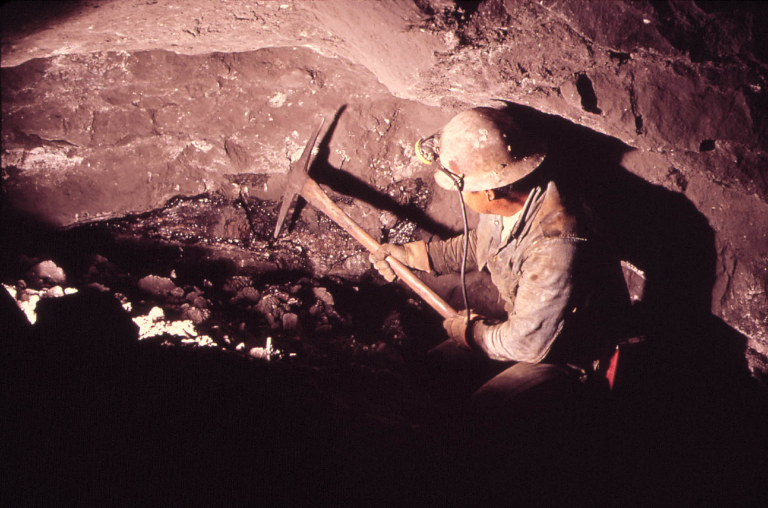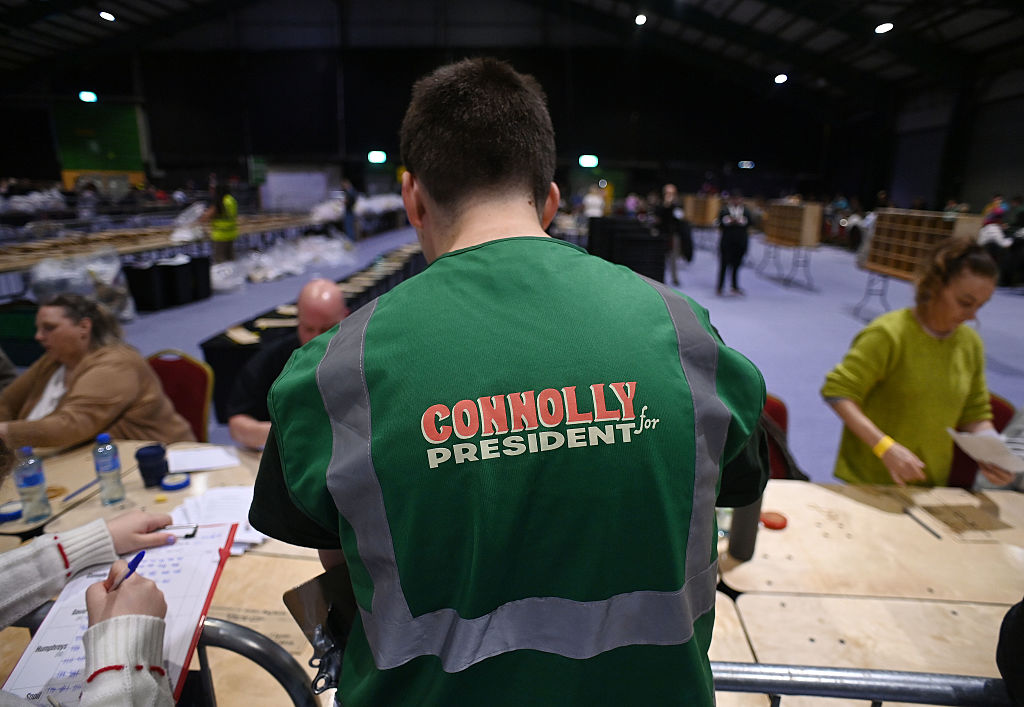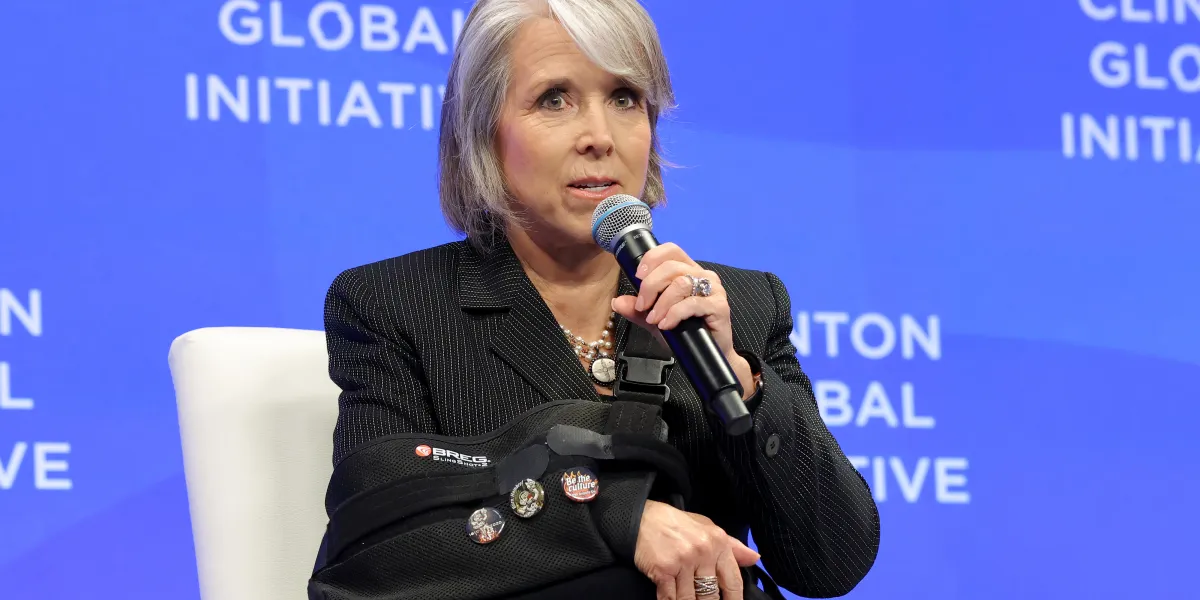Copyright Resilience

Political economists of the eighteenth and nineteenth century employed a curious phrase to denote the source of wealth at the base of the economy: the “free gifts of nature.” Alyssa Battistoni, a political science professor at Barnard College, believes that careful attention to the meanings of this phrase illuminates many aspects of the world we inhabit today. Her book Free Gifts: Capitalism and the Politics of Nature (Princeton University Press, August 2025) is a brilliant study of topics including, but not limited to: Marx’s theories of use value and exchange value class rule and market rule; organization and control of labour; the roots of ecological economics; debates about valuation of ecosystem services; the Wages for Housework movement and recent theories of care work; Aaron Bastani’s Fully Automated Luxury Communism; freedom and unfreedom in the writings of Simone de Beauvoir and Jean-Paul Sartre. Free Gifts is not a quick or easy read, but as a guide to many of the most important issues in political philosophy this book is worth careful study. Each chapter builds on previous chapters to present a coherent and compelling vision. This post begins a series on significant ideas in Free Gifts. Definitions of basic terms are essential, starting with “free”, “gifts”, and “nature”. Let’s take these keywords in reverse order. What is nature? Is nature separate from humanity? Or is humanity, and all its works, part of nature? In the framework Battistoni lays out in the opening chapter, we see “nature” as having two major components: non-human nature and human nature. All of humanity is part of nature, but not all of nature is human. As such, every human activity is necessarily subject to non-human natural laws: for example, the laws of physics, chemistry, biology. Human activity is also shaped by human norms and laws which are socially enacted. Non-human nature is not necessarily shaped by human laws, and indeed throughout most of the history of the universe nature was entirely unaffected by human nature. Today, on the other hand, much of non-human nature on earth is deeply affected by human, socially-enacted activity. For example, the chemistry of the atmosphere and the physics of global heat absorption are now influenced by human activity. Battistoni describes this conception of nature in these sentences: “Rather than cordoning nature off from politics or abolishing the distinction altogether, this book starts from the premise that ‘nature’ pertains to politics of all kinds – not only those issues we tend to think of as ‘environmental.’ Instead of treating ‘politics’ as the organization of human life, to be distinguished from the scientific or technical organization of nonhuman matter, it holds that to organize human life is always also a material enterprise, and hence a natural one.” (Battistoni, page 8; except where otherwise noted, all quotes in this article are from Free Gifts) Furthermore, because humans are social, our relationship with nature is shaped by human social relationships. In a capitalist society, the relationship between members of that society and nature – both human and non-human nature – is structured by capitalism. As explained more fully in later chapters of the book, “capitalism limits our ability to treat nonhuman nature as something other than a free gift. It constrains our ability, individually and collectively, to make genuine decisions about how to value and relate to the nonhuman world, and to take responsibility for those decisions.” (page 15) So far … so good? I confess I found the opening section of Free Gifts slow going, and I had doubts about carrying on with what appeared at that point to be a very long book. But there was a pay-off – Battistoni used this carefully constructed conception of nature to good effect in ensuing chapters. How about those other two key words, “gifts” and “free”? It’s clear from the writings of early classical economists that they viewed non-human nature and its properties – the fertility of soil, the combustive potential of coal, and the forceful expansion of steam – as a gift, and a very important gift. In Robin Wall Kimmerer’s writing the gifts of nature embed us in relationships of reciprocity. In classical economics, by contrast, the gifts of nature are unilateral, imposing no conditions on the humans who take these gifts. That takes us part of the way to understanding the “free” in “free gifts”. In short, capitalism pays no price for nature’s gifts even though these gifts are immensely valuable. Yet they are valuable in only one of two key senses of value: they have use value but not exchange value. (Exchange value comes into play only later, after they have been harvested, extracted, appropriated, and offered on the market.) Because they have no exchange value, the “free gifts” are free because they are priced at zero. And with that, we’re deep into the weeds with Karl Marx. Does the air have a price tag? John (Fire) Lame Deer told a story with an important implication: “I always remember listening to my first radio. That was in the little town of Interior [South Dakota] way back in the [nineteen] twenties. There was a sign over a door: ‘Listen to wireless music from Sioux Falls—300 miles away! $1.50 per person.’ You had to plunk that much down to be allowed inside this café to give your ears a treat. We saw a guy fooling around with a needle on a crystal and heard a tinny, crackling voice saying something about winter feed, corn, and the price of prime hogs. At that moment an old Indian spoke up. ‘They took the land and the water, now they own the air too.’ So we have the green frog-skin world in which all things have a price tag.” (Lame Deer, Seeker of Visions, by John (Fire) Lame Deer with Richard Erdoes, Washington Square Press, 1971; page 35) This story helps to illustrate how some gifts of nature have come to be exchanged in the market, while others, so far, have not. In this case the radio receiver itself was still a scarce commodity, and so it was feasible for a small-scale capitalist to charge a price simply to listen. Meanwhile there were new methods of setting value for a previously mysterious phenomenon of physics. The waves in the electro-magnetic spectrum had been part of the free gifts of nature, existing throughout space for billions of years. But in the twentieth century it became possible to chop that spectrum into pieces that were sold on the market. Before that date the spectrum was valued at zero; after that date the spectrum had exchange value. It may not have been exactly true that the air itself had a price tag – yet – but the radio waves that travel through that air were indeed becoming “owned”, bought and sold. The air we breathe, the sun that warms us and allows plants to grow, the clouds that bring rain, the forests that cool the landscape and slow the passage of rainfall to the sea – these are immensely valuable, both to us and to non-human nature. These and myriad other natural phenomena have immense use value. But in themselves they have no exchange value unless and until they are exchanged, for the abstract expression of value that is money, on the market. And it is this abstracted value – exchange value – that determines whether something is treated as valuable in capitalism. Unless and until a particular gift of nature is traded on the market, its valuation and its price remains zero. When formerly free – that is, priced at zero – gifts of nature are exchanged on the market, our human relationships to those gifts are transformed. Yet the prior natural characteristics of those gifts remain, and shape the practices of capitalism in their own ways. Coal burns with a specific amount of heat per kilogram and is easy to transport. Methane produces even more heat per kilogram, but as an expansive gas it is tricky to transport. Dried spruce wood pellets can be combusted to produce a lot of heat, but the trees take decades to grow. Specially selected dairy cows produce a lot of milk each day for a period of months. But their lactation cycles are determined by a complex of biological factors that are only partially malleable by capitalist management. All these physical and biological properties shape how capitalism extracts value when the free gifts of nature are brought into production processes. Of equal importance, the properties of non-human nature are important in determining which gifts of nature are not brought into capitalist production processes: “[Capitalism’s] ability to wring profit out of every entity, activity, and process on Earth has often been overstated. Although capital seeks to absorb what it can make profitable, it abdicates that which it can’t. It doesn’t only appropriate and exploit; it also abandons and expels.” (p 47-48) * * * While capitalism enforces a particular relationship between humanity and the rest of nature, it likewise perverts our freedom and ensnares us in specifically capitalist forms of unfreedom. As Battistoni notes in the book’s epilogue, ending capitalist unfreedom would not necessarily bring about a better world, but it would “allow us to make different kinds of decisions than the ones capitalism offers.” (p 239) Battistoni enlists the help of Jean-Paul Sartre in elucidating the character of capitalist unfreedom. We’ll delve into that conversation in the next post. Teaser photo credit: “Underground uranium mining in Nucla (Montrose County, Colorado)”, photo by Bill Gillette, 1972, public domain, accessed via Wikimedia Commons..



